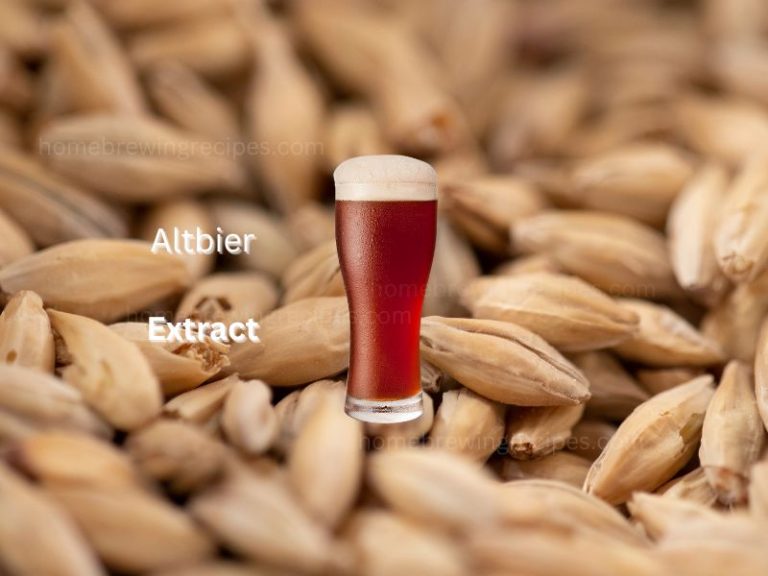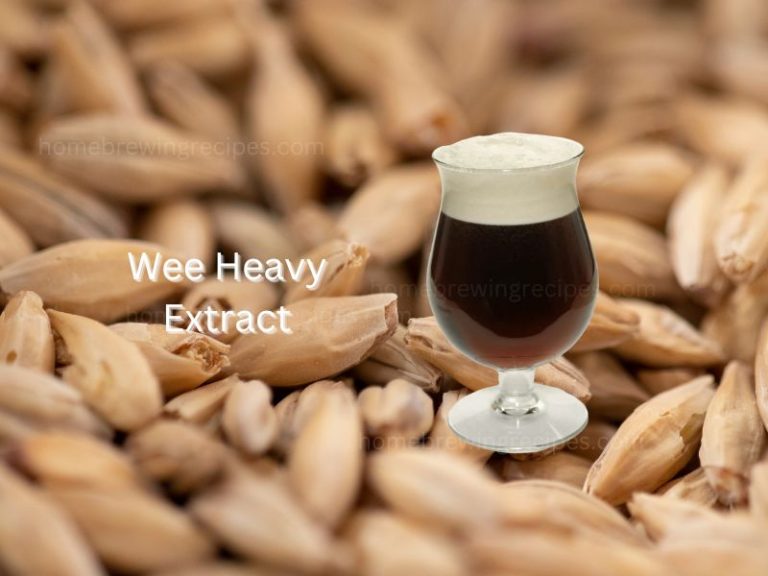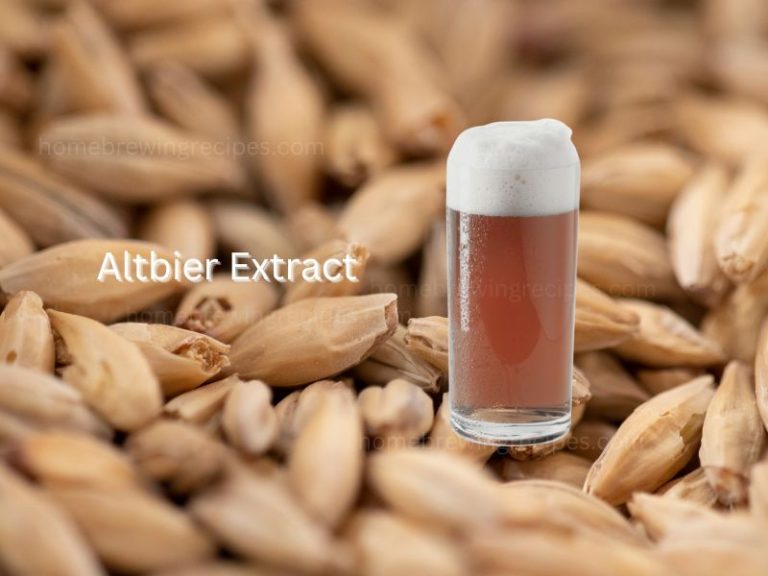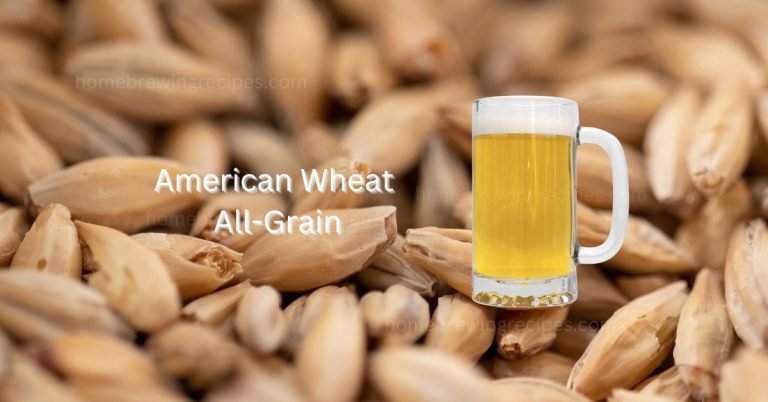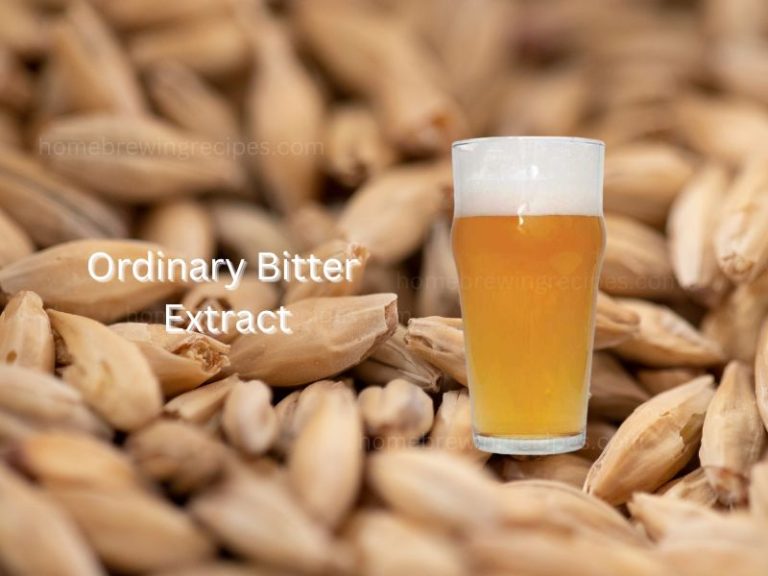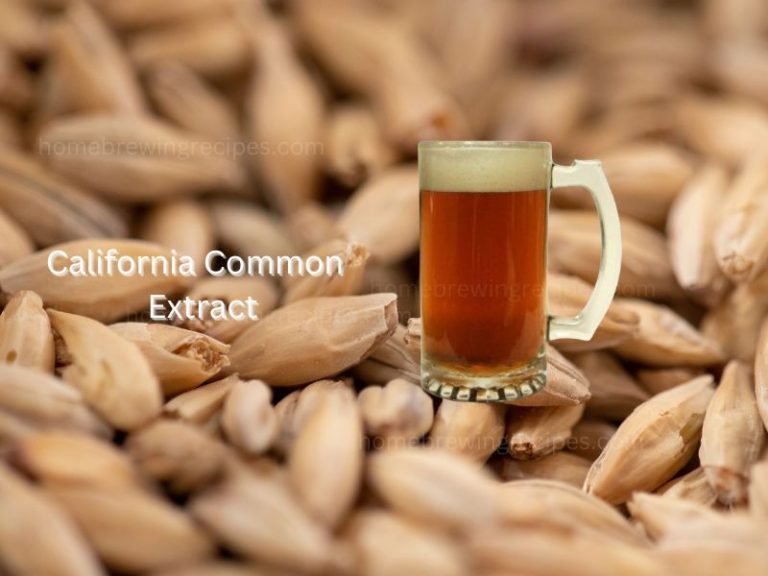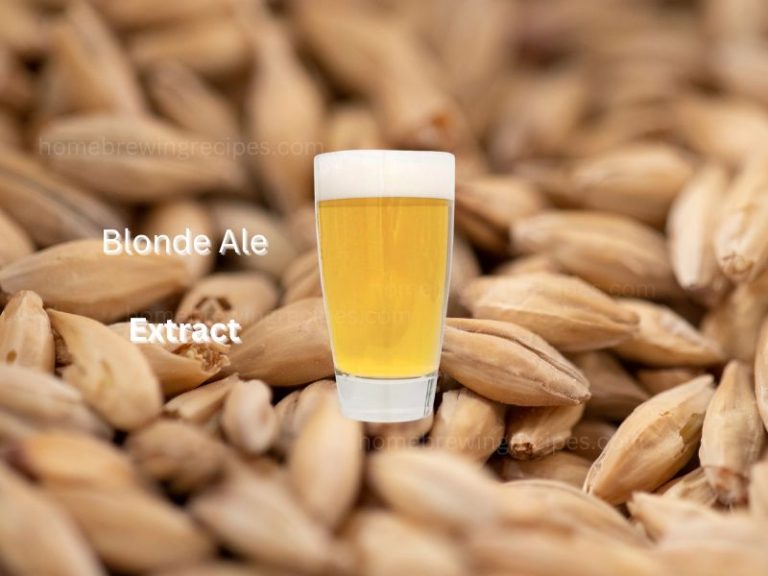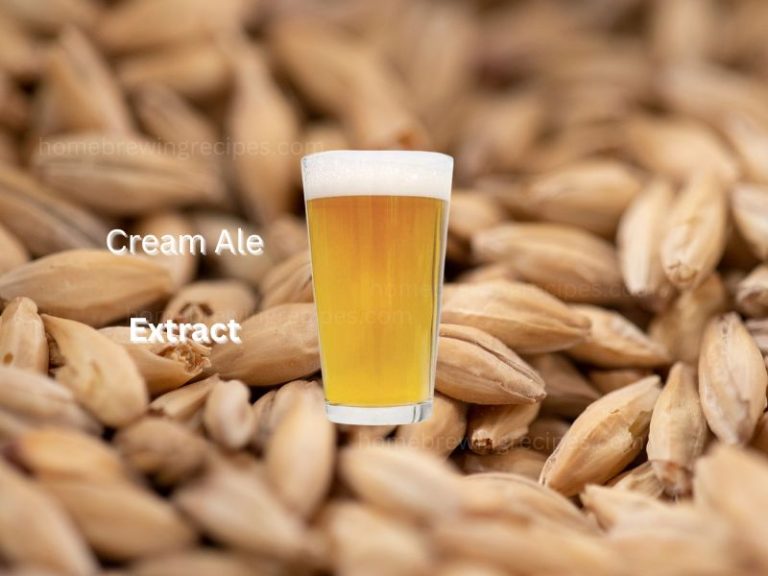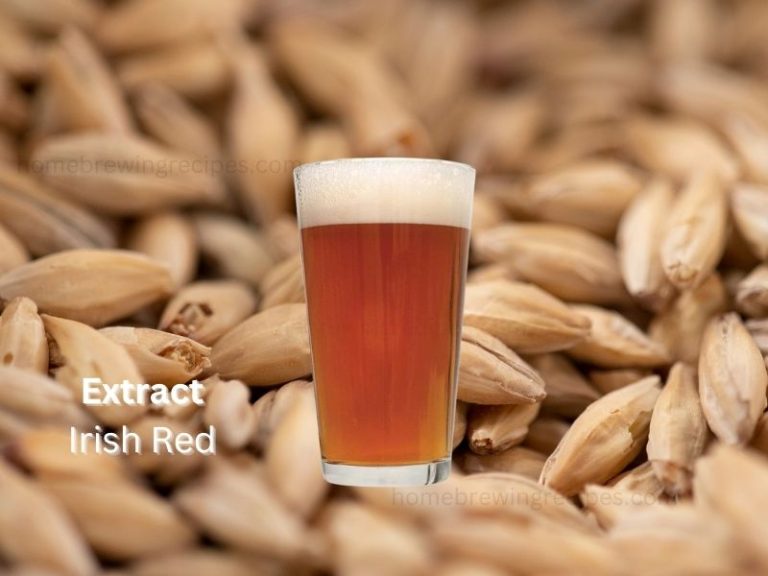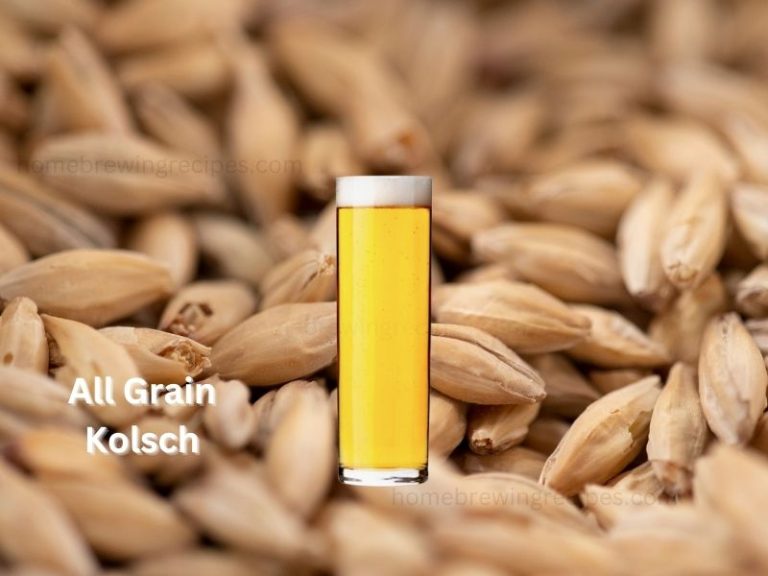Recipe Profile
Altbier Extravaganza – A 5-Gallon Journey
A Toast to Tradition! Ah, Altbier, the hidden gem of German brews! Hailing from Düsseldorf, this beer is like a history lesson in a pint glass. It’s an ‘old’ style (that’s what ‘Alt’ means in German), but don’t let that fool you. This brew is for those who adore a blend of rich history and robust flavor. I love brewing it because it’s like capturing a piece of Germany’s brewing heritage in my backyard!
Ingredients
- Malt Extract: 8 lbs Light Dry Malt Extract
- Specialty Grains: 1 lb Munich Malt, 1/2 lb Caramel Malt 60L
- Hops: 2 oz Spalt or Tettnang (Bittering), 1 oz Spalt (Flavor)
- Yeast: Wyeast 1007 German Ale
- Extras: 1 Muslin bag, Priming Sugar
Brewing Instructions
- Steep the crushed Munich and Caramel malts in a muslin bag in 2.5 gallons of water at 150°F for 30 minutes.
- Remove the grains, add malt extract, and bring to a boil.
- Add 2 oz of hops for bittering at the beginning of the boil.
- After 45 minutes, add 1 oz of hops for flavor.
- Boil for a total of 60 minutes.
- Cool the wort, transfer to a fermenter, and pitch the yeast.
- Ferment at 65°F for two weeks.
Expected Stats
- Original Gravity (OG): 1.058
- Final Gravity (FG): 1.012
- ABV: 6.3%
- IBU: 35
Altbier is all about balance and restraint. The key is a clean, malt-forward profile with a firm, but not overpowering, hop bitterness. The fermentation temperature is crucial for this style, as it impacts the final flavor profile significantly. I chose Wyeast 1007 German Ale yeast for its ability to produce clean, well-balanced beers with a slightly fruity note that complements the malt and hops beautifully.
Did you know Altbier is one of the few German ales in a sea of lagers? It’s a testament to the diversity and resilience of traditional brewing styles!
Looking to compare? Try ‘Diebels Alt’, ‘Uerige Alt’, or ‘Schlösser Alt’ for some authentic commercial versions of Altbier.
Expect a wonderfully balanced brew with a smooth, malty backbone, a touch of caramel sweetness, and a gentle hop bite. Altbier shines best when fresh, but it can develop more nuanced flavors with a bit of aging. Prost to your brewing adventure!
